|
by Rana Asfour Professor Rehan Khan was born in Wimbledon, in 1971. As a child he loved listening to swashbuckling tales of heroism and valour, as well as dabbling in science fiction. His debut novel is 'Last of the Tasburai' (check out the BookFabulous review HERE). As his day job, Rehan is the Regional Consulting Director in the MENA region, for a FTSE 100 corporation. He has more than twenty years of experience and has worked across a number of industries including: telecoms, media, technology, real estate, private equity and executive education. Khan is also a Professor of Management at HULT International Business School. Between 2009-10, Rehan was a business columnist for 'The National' newspaper in the UAE. He also holds a master’s degree in applied social and market research, as well as an MBA in strategy. He lives in Dubai, with his wife and two children. BookFabulous: 'Last of the Tasburai’ is your debut novel. So, what was the inspirational moment/event that marked itself to be the moment you decided to start writing a book and so to become a writer? Rehan Khan: I suppose it kicked off in 2009 when my daughter, who was six years old at the time, asked me what I wanted to be when I grew up. Clearly she didn’t appreciate that going to an office every day was work! I remember writing a column in 'The National' on 9th November 2009 entitled“What I want to be when I grow up”. It was around this time that I started planning in earnest for the 'Last of the Tasburai'. I attended the Oxford University Summer School for Adults in 2010 and remember sitting under the shadow of Oxford’s medieval castle, scribbling notes about a story centred on courage and valour. It was the genesis for the start of the Tasburai trilogy. BF: Your book is fantasy fiction. Did you always want to write in this genre and what do you think people don’t quite understand about this genre? RK: I wrote my first “long” story at the age of nine. We had an American teacher, Mrs Myers, a lovely lady from Beverly Hills, California, who came over to the UK as part of an exchange programme in 1980. Mrs Myers had a wonderful ability to get the most out of the children. She asked us to write a story, anything we wanted. She didn’t give any guidelines beyond that. The entire class returned back to her a couple of well-written paragraphs. I ended up writing about ten pages, with lots of illustrations. My story was about a thief who broke into the home of one of my friends whilst his parents were out and he was alone in the house. My friend had to use all ingenious ways to keep the thief from robbing his parents’ finest jewelry and he eventually laid a cunning trap which caught the thief before he called the police. Now that I think about it, the story sounds like a treatment for the movie 'Home Alone'. Mrs Myers was from Hollywood California and perhaps my idea reached the ears of a movie executive! Since then I’d been tinkering with stories of many genres but eventually settled on fantasy fiction, as I felt it allowed me to bring together many themes which I’d been experimenting with in my other works. Some of these themes - such as courage and the golden mean, worked really well when I tied them together with a group of elite warriors (the Tasburai). With the success of writers like George R Martin, the landscape is changing and more readers ‘get’ fantasy fiction. Additionally many of the well-known fantasy stories, such as the 'Lord of the Rings', have made it to the screen and so have re-shaped peoples perceptions. BF: What would you say your book is about? RK: Aristotle’s four virtues – wisdom, courage, temperance (moderation) and justice have always appealed to me. I wanted to write a story in which courage was placed at the centre. So for Aristotle when courage was in the golden mean it came across as valour and being able to control one's anger, so a person would appear dignified. When courage was unbalanced in a person on the side of excess, it became recklessness and arrogance. When on the side of deficit, it led to cowardice and meanness. So it got me thinking what would happen if the very best people in society, individuals who others looked up to, admired, wanted to be like, what if these people developed a misplaced notion of courage? So rather than being dignified they became reckless and arrogant. What would be the implications for society? From this concept the idea for the Tasburai warrior emerged. In my mind the Tasburai were the best of the people – an elite selfless warrior class who held deeply mystical beliefs. I like to describe the Tasburai as a cross between Japanese Samurai, with their bushido (the way of the warrior) and Sufi mystics, with their ideas on tasawuf (spiritual development and cleansing the heart). So the deeper meaning behind the story was the journey human beings take to return to the golden mean, because when we are in the mean, though we’re all different we can connect with other human beings. Whereas when individuals go to the extreme, it polarises and splits society. BF: We know that the land of Avantolia is a made up place, yet it is situated by the Caspian Sea; an area in the real world that has been witness to a lot of history (particularly in the Caucasus region). Has your writing drawn inspiration from any of that? RK: Yes. Avanotolia is loosely based on Anatolia, the old name for Turkey. Many of the names of places in the novel have Anatolian or Hellenistic (Greek) origins. BF: The book has quite a long list of characters, some with quite unfamiliar names and each with a very unique personality. How did you go about choosing the names of the characters (was it by liking the way they sound or possibly by meaning?) and then deciding how each one would act? RK: The meaning of the names was very important to me. Though they may be unfamiliar in sound, if readers are interested and do some research they’ll find historical reference points for every name that is used in the novel. So to give you a few examples: Suri-Yi, who is a Tasburai grandmaster and one of the protagonists, her name originates from Suri (Princess or Red Rose in Persian) and Yi (Chinese for justice or harmony). Naram-Sin, one of the antagonists, has his name originating from Naram-Sin who was the first Akkadian/ Mesopotamian king known to have claimed divinity for himself (2254-2218 BCE). He was the grandson of Sargon (another character on the novel) of Akkad. I’ll leave the readers with the delightful task of tracing the origins of the other names of people, items and places. I’d love to hear from readers to see if they’ve tracked down all of the origins! BF: Were there any particular challenges you encountered while writing ‘Last of the Tasburai’? RK: The writing process took four years and the most challenging aspect for me was trying to find authentic character voices. As there are five main protagonists, this proved to be quite a task. I didn’t want all the characters sounding the same. So it ended up taking me two years to find the voice of each character. BF: Is it true that some characters take on a life of their own regardless of what the author wants them to do? If so, which character did you have the least influence over in ‘Last of the Tasburai’? Any favourites or possibly least favourite?
RK: With respect I’m not sure about that. Every character is created in the imagination of the author and if the author wanted to kill the character off in the next chapter, they could do it quite easily. Suri-Yi remains my favourite character, because she is the last of the Tasburai and I found it easiest to sink into her persona. There are no characters who I’d say are least favourite, because each of the characters brings exciting elements to the story and without them being there we wouldn’t have conflict which creates dramatic and emotional moments in the novel. BF: Why did you decide to present ‘Last of the Tasburai’ as a series rather than as one book? RK: I always planned it as a trilogy because there was so much to tell and one book would end up being over one thousand pages. BF: Are you happy with the way the book has been received and what has been the most memorable comment regarding your work from readers? RK: The initial professional reviews have been very positive, as have the reader comments on Amazon. I suppose the most memorable comments have been those that have likened my work to globally known established authors. BF: What surprises can we expect for book 2 of the series? And when do you think it will be ready? RK: I’ve started the writing process and it will be another year before it’s out. As for surprises, it wouldn’t be a surprise if I revealed it! BF: What books(s) are you reading now? RK: I tend to mix my reading between one work of fiction and then one work of non-fiction. So I’m presently reading “Happiness: Lessons from a New Science” by Richard Layard and prior to that I read “To Kill a Mockingbird” by Harper Lee.
1 Comment
11/11/2020 02:18:44 am
The best thing about Professor Rehan Khan is that he makes sure that what he creates is in excellent quality. Even though he could have released ‘Last of the Tasburai’ at an earlier date, he chose to wait until he has perfected his creation. It may have taken him years to finish, but it really is worth the wait. I would rather wait than buy something that is not in excellent quality. It shows how professional and passionate Professor Rehan Khan is when it comes to his craft.
Reply
Leave a Reply. |

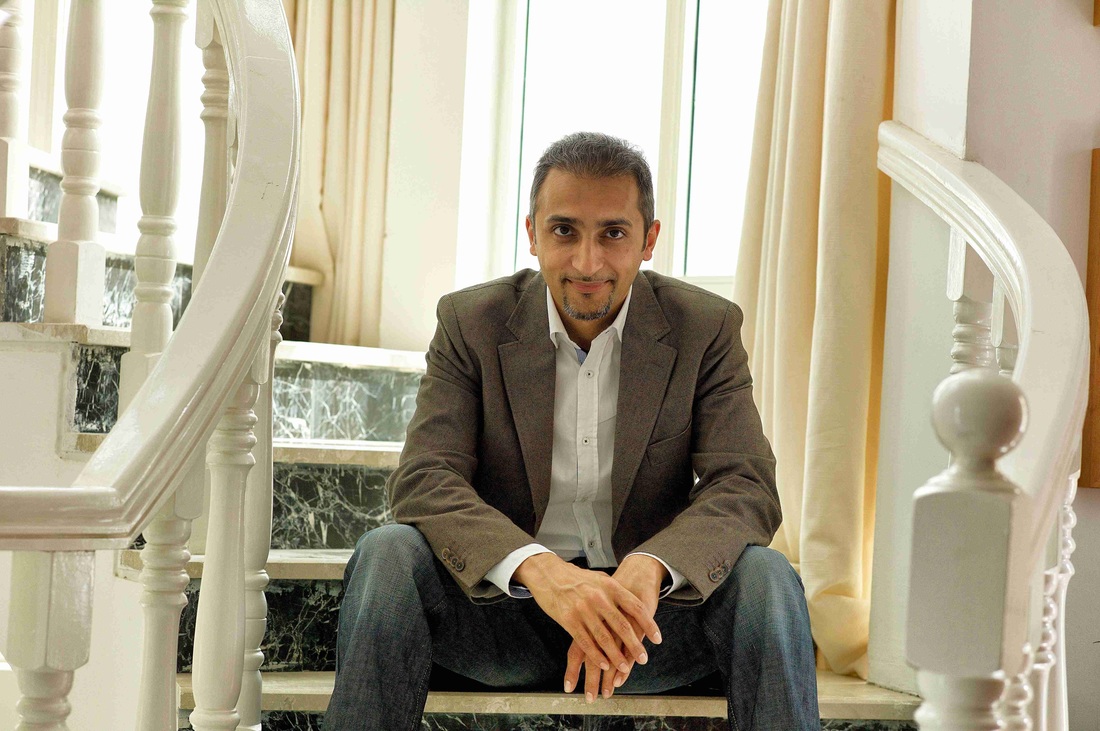
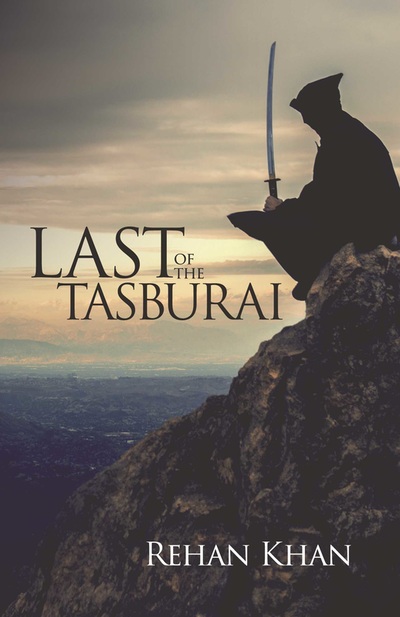
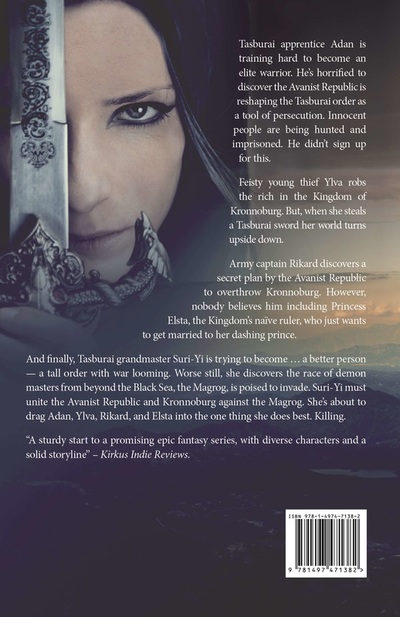
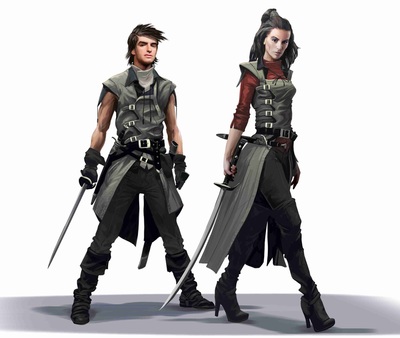
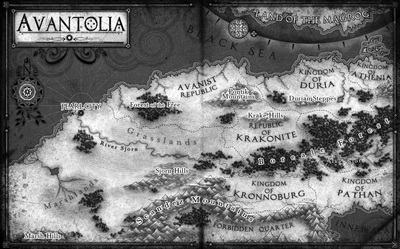
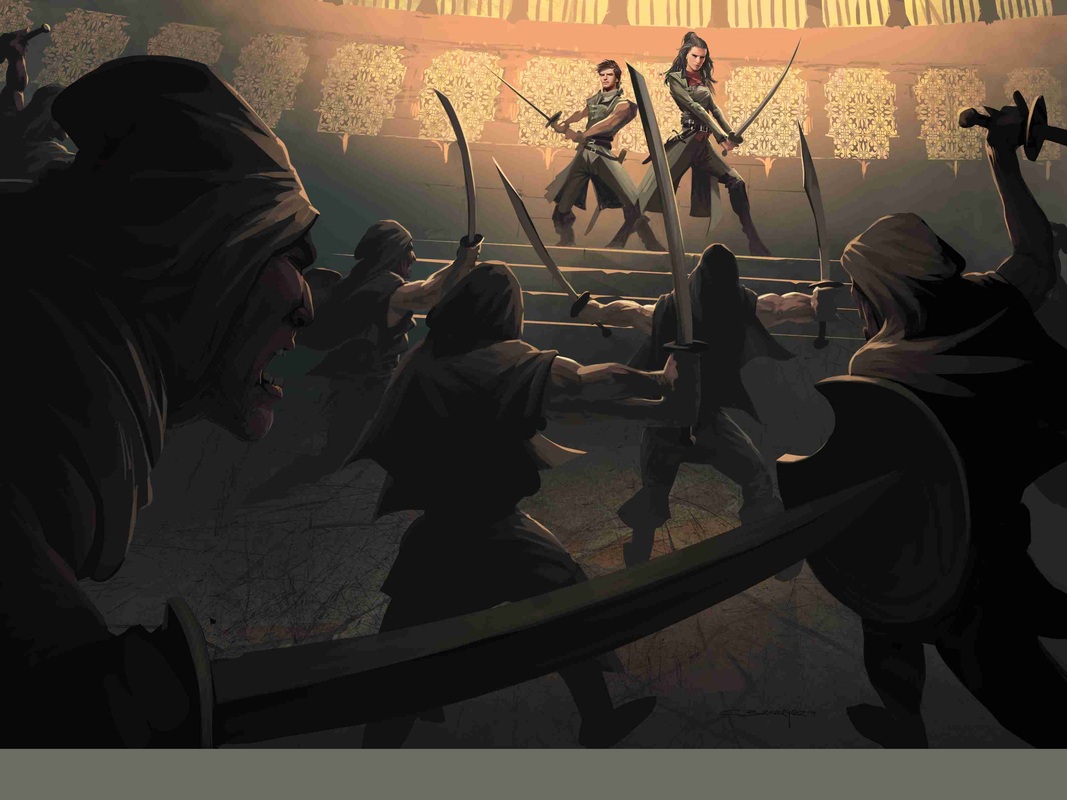
 RSS Feed
RSS Feed
